FCC commissioner seeks to close loophole allowing Huawei gear in 5G U.S. networks
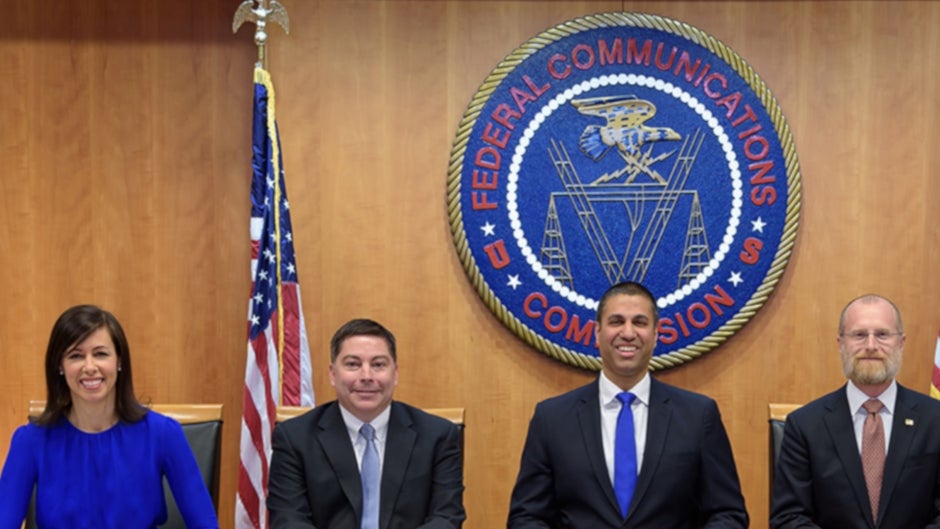
FCC Commissioner Brendan Carr, who once was an aide for former FCC Chairman Ajit Pai, apparently wants to keep the restrictions against Chinese firms like Huawei and ZTE in place. Carr was nominated to the regulatory agency by former President Donald Trump. Under Trump, Huawei was branded a national security threat because of its ties with the Communist Chinese government. The Trump administration even pleaded with allies not to use Huawei's networking equipment to build out their 5G networks.
FCC commissioner wants loophole allowing Huawei to sell networking gear in U.S. to be closed
Last year, carriers in low-income areas were blocked from using money from the FCC managed Universal Service Fund (USF) to buy networking equipment from Huawei and ZTE. The fund collects fees from wireless customers on a quarterly basis. Also last year, the FCC ordered rural carriers to dig up and remove any equipment found in their networks that were sourced from Huawei or ZTE if paid for from the USF. Lawmakers have allocated $1.9 billion to remove the equipment. The USF currently has $8.3 billion in holdings. According to Reuters, networking equipment from the two Chinese manufacturers can still be used by rural carriers if it is paid for using private funds. And that is a loophole that Carr, a Republican, wants removed.

FCC commissioner want to prevent Huawei and ZTE from selling their networking gear in the U.S.
Carr says that the FCC needs to close what he called this "glaring loophole ... It makes no sense to allow that exact same equipment to get purchased and inserted into our communication network as long as federal dollars are not involved." Meanwhile, current acting FCC Chairwoman Jessica Rosenworcel, a Democrat who was appointed to the top position on a temporary basis by President Joe Biden (and who sat on the five member commission during the Trump years) doesn't disagree about the need for security in the U.S. An FCC spokesman said that Rosenworcel "has long advocated for reforming the equipment authorization process to better ensure security in new network devices and is pleased to see growing support for this idea. The FCC is already working on addressing many of the issues Commissioner Carr spoke about."
Commissioner Carr also said that the FCC could do more to publicize China's abuse of ethnic and religious minorities. He said that the FCC's equipment authorization rules should be updated to require companies that purchase devices or components from the Xinjiang region "meet a heightened burden to ensure that their supply chain does not rely on any forced labor."
Earlier this month, the FCC named five Chinese firms as threats to U.S. security under a law designed to protect the security of U.S. communications networks. Those five firms included Huawei and ZTE, along with Hytera Communications Corp, Hangzhou Hikvision Digital Technology Co and Zhejiang Dahua Technology Co.
In a statement, Huawei said, "extending the FCC's evaluation and approval process to prohibit equipment that is already accredited by the FCC is misguided and costly to American companies." The company added that banning the use of equipment in the states based on where it was manufactured is "discriminatory and will do nothing to protect the integrity of U.S. communications networks or supply chains."
Huawei filed a lawsuit against the U.S. for blocking the sales of its networking equipment in the U.S. using the USF. However, that suit was thrown out last year by a federal judge who said that Huawei did not have legal standing to file the suit.
The five FCC commissioners including the Chairman/Chairwoman are appointed by the U.S. president and confirmed by the Senate. Of the five members, three belong to the party currently in power while the other two belong to the minority party. That means that currently three FCC members must be Democrats while the remaining two must be Republicans.

![Verizon is down across the US, and no one knows when service will be back [UPDATED]](https://m-cdn.phonearena.com/images/article/173671-wide-two_350/Verizon-is-down-across-the-US-and-no-one-knows-when-service-will-be-back-UPDATED.webp)
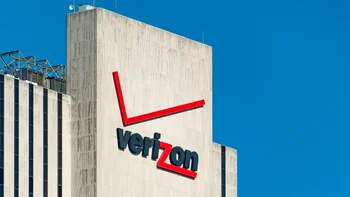
![Some T-Mobile users need to restart their phones [UPDATED]](https://m-cdn.phonearena.com/images/article/173654-wide-two_350/Some-T-Mobile-users-need-to-restart-their-phones-UPDATED.webp)
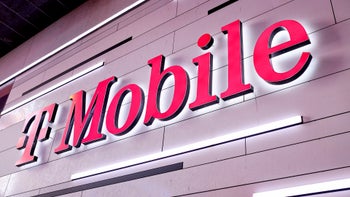

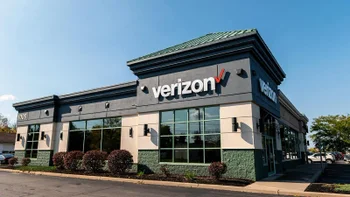
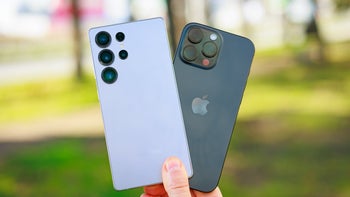
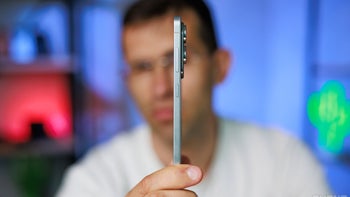
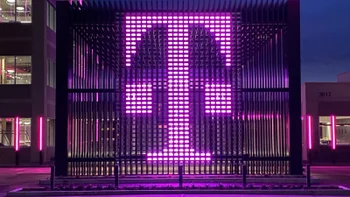
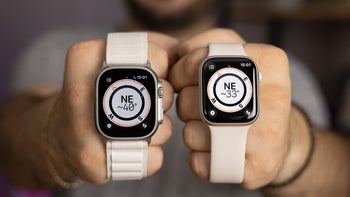
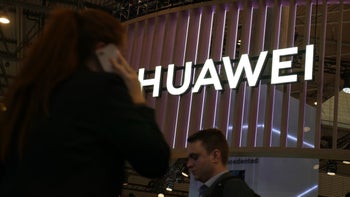
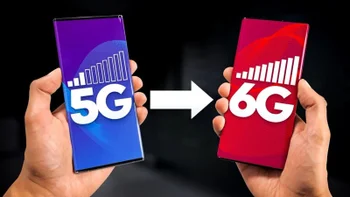
Things that are NOT allowed:
To help keep our community safe and free from spam, we apply temporary limits to newly created accounts: